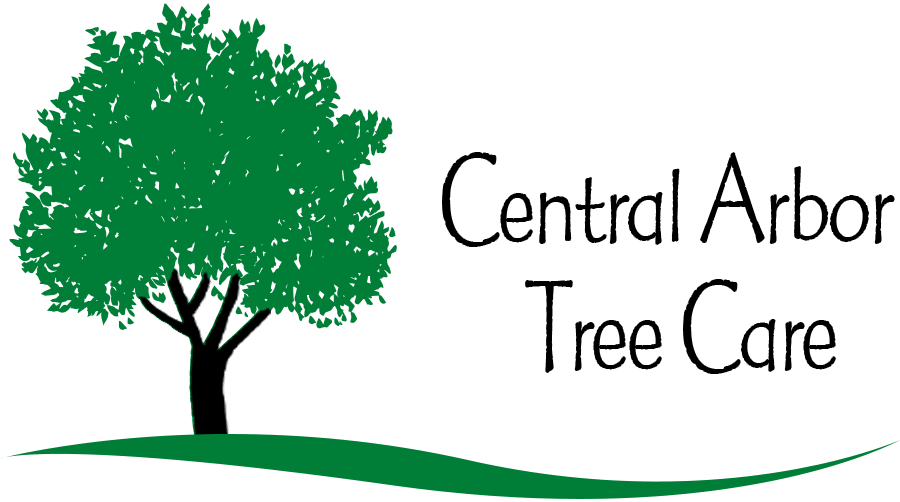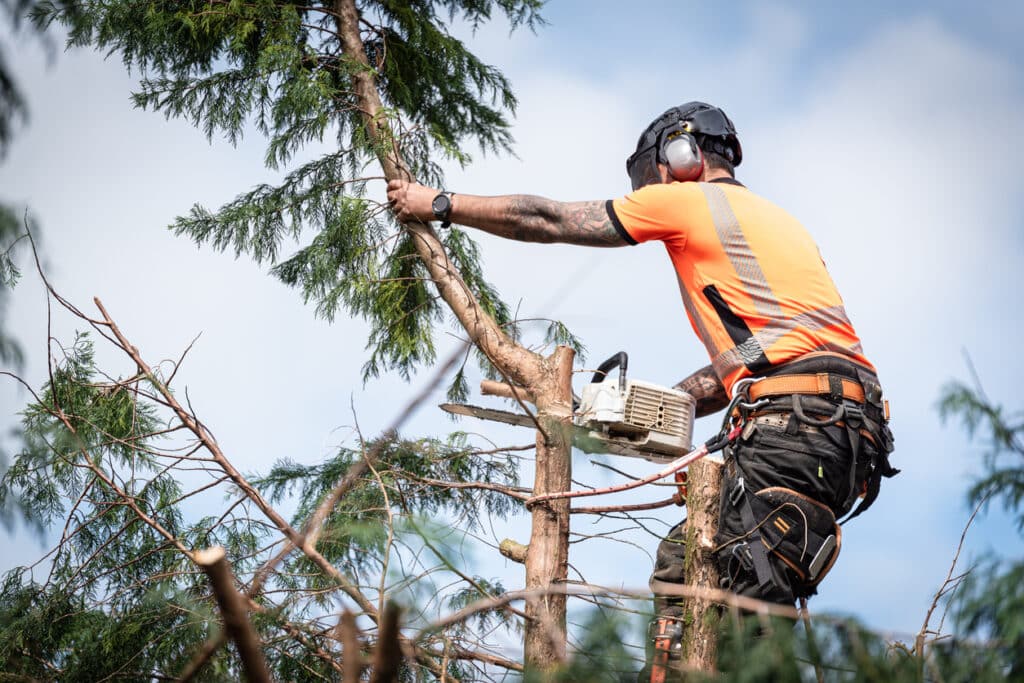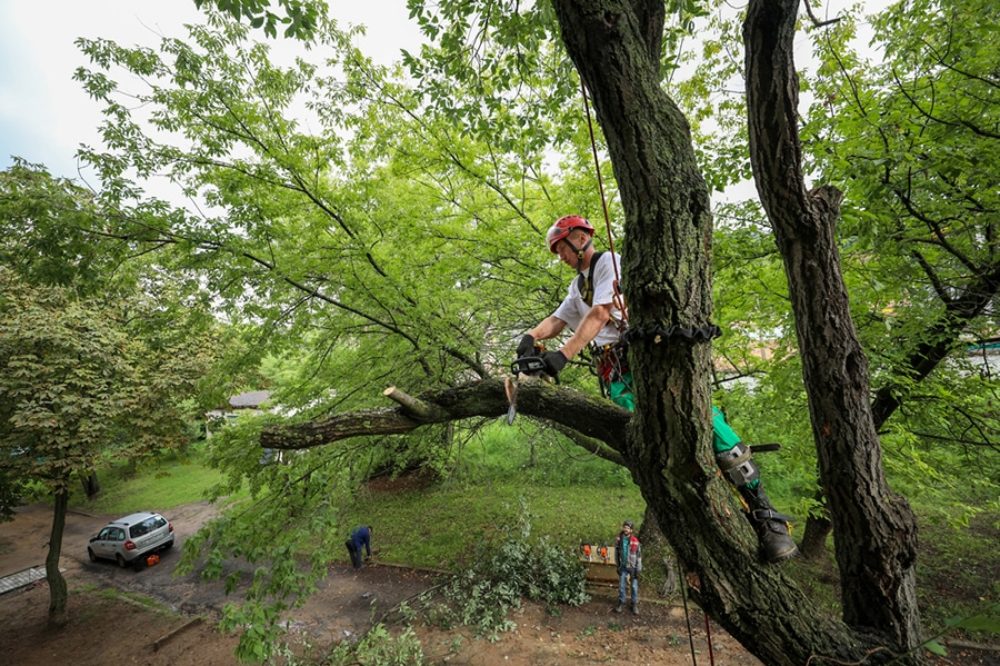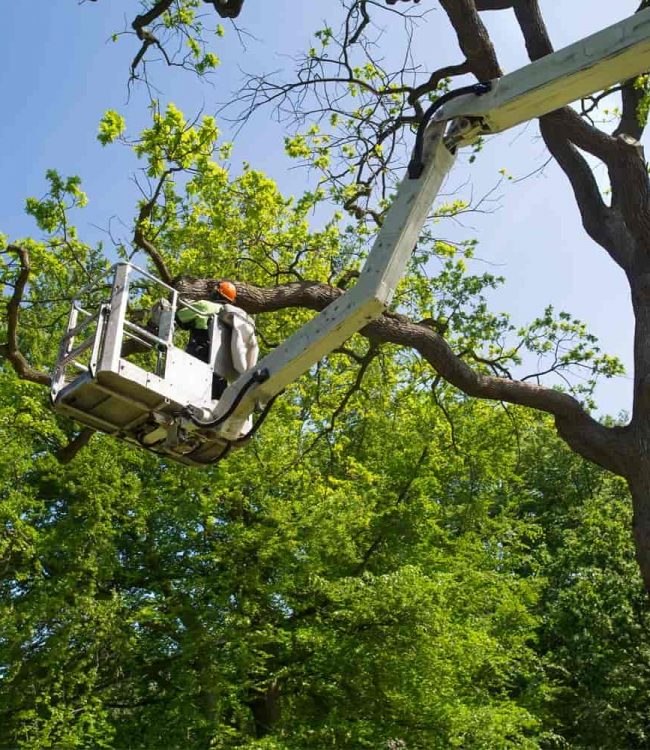Leaves or debris falling from trees is normal, especially after a storm. The time of year also plays a part regarding when trees shed flowers or produce seeds and casing to perpetuate the species. However, excessive leaf or debris shedding indicates that your trees aren’t feeling quite right. Sometimes trimming or another easy fix will take care of the problems, but at other times you have to dig deeper to make your trees happy again. Depending on your trees’ signs, having a tree professional examine them and recommend a solution can make them healthier and avoid more extensive problems.
Wilting Leaves Can Signal a Lack of Water
Leaves are lifelines for trees, processing sunlight and turning it into food. If they have wilted, they are not working at full capacity, leading to dead branches. Leaf wilt usually occurs due to heat stress, especially during hot summers when trees can’t take up water fast enough. Drought-stressed trees can benefit from a regular irrigation schedule that will help them until sufficient rain falls.
However, other problems can cause leaf wilt, including water-logged soil in which trees don’t get enough oxygen. Other causes, including diseases like fire blight, can cause leaves to wither, die, and fall off trees. Diseases usually only infect portions of trees, but leaving them untreated can prove fatal.
Dead or Dying Branches
Dead or dying branches are a natural part of a tree’s life cycle as older trees sometimes no longer produce enough food to support certain parts. However, large branches breaking or dropping indicate that your trees are developing a serious health issue. When disease or decay compromises a tree, it separates the affected branch to prevent the spread of problems. Twigs and branches with spare foliage can also indicate problems.
If your trees are otherwise healthy and vigorous, having an arborist examine your trees can lead to pruning compromised branches and keeping them healthy. Waiting too long to prune can result in extensive disease and decay.
Insect Damage
Regular tree trimming allows in light and promotes healthy airflow. It also helps prevent insect infestations. Once an infestation occurs, you may find nests, leaves with multiple holes, fallen healthy leaves, larvae consuming foliage, branches with no leaves at all, and many other problems. Once you see these issues, you have a big problem on your hands. In addition to pruning affected branches, your arborist may recommend measures to maintain your trees’ health. For advanced problems, you may need to remove the affected tree.
Maintain the health of your trees in Peoria, IL and surrounding areas through a regular trimming and pruning schedule by contacting the experienced arborists at Central Arbor Tree Care.

